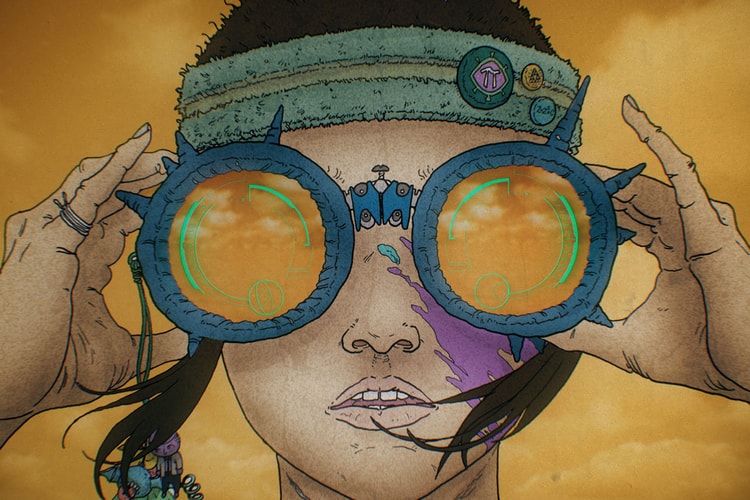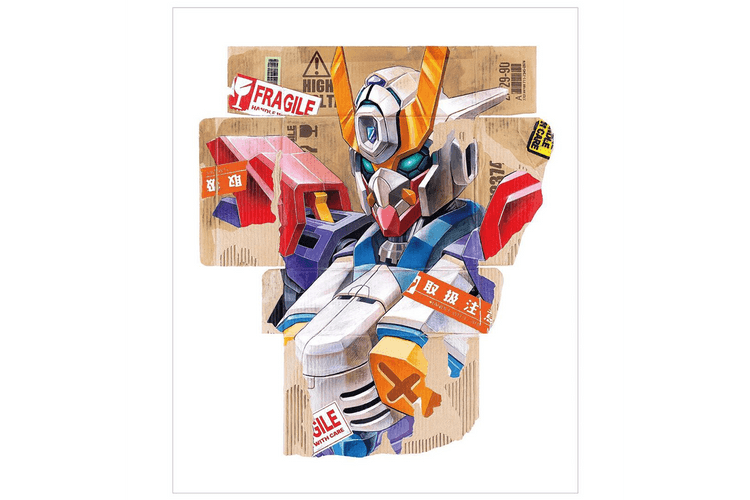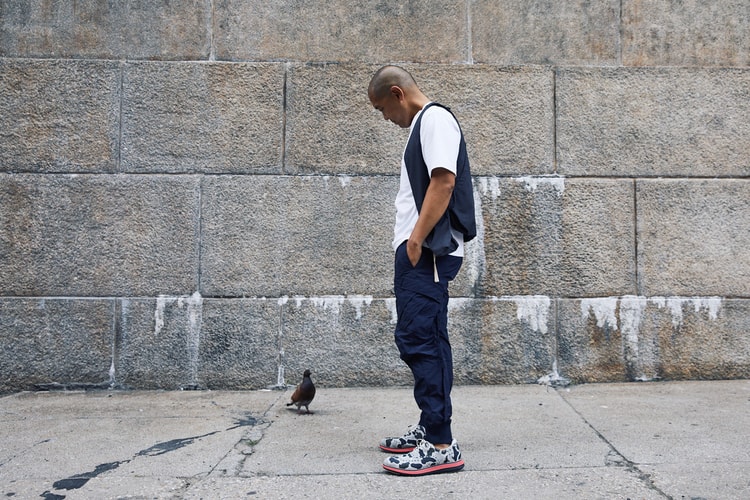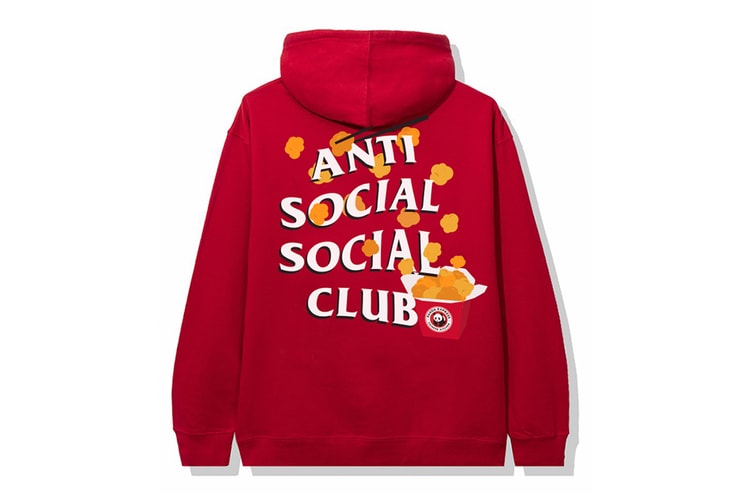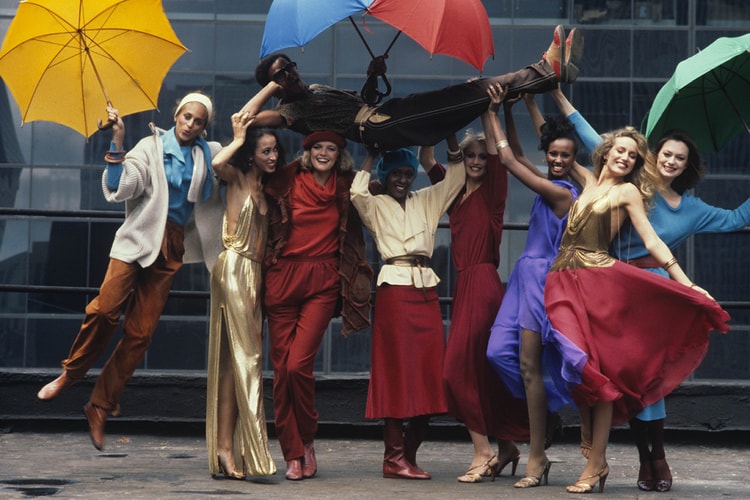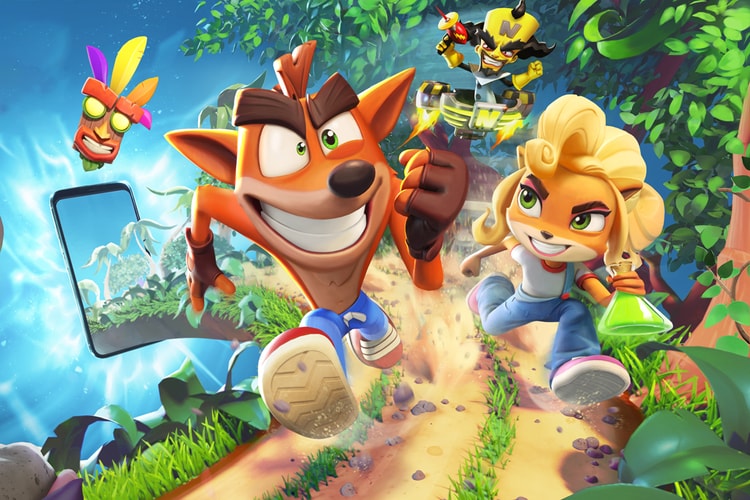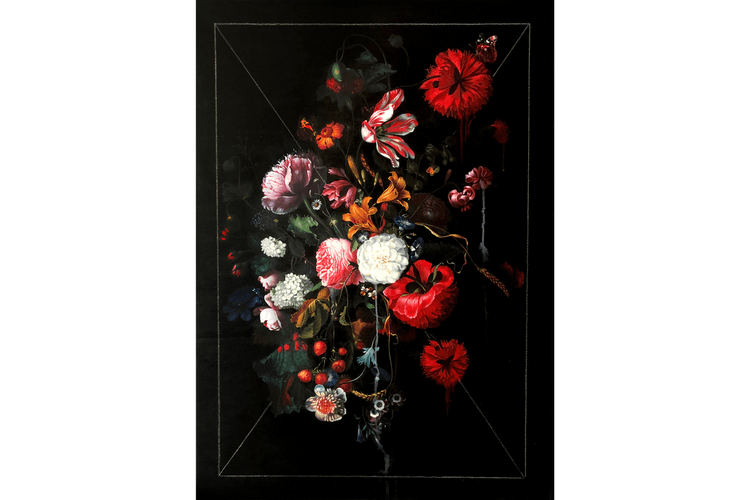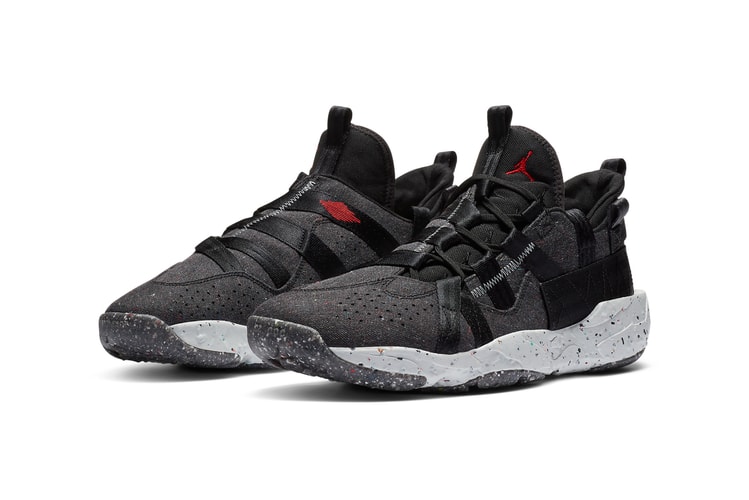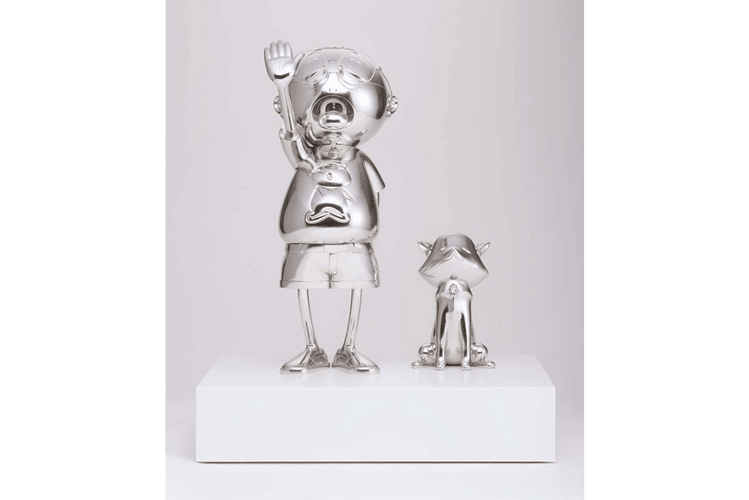Young Black Designers Want to Dismantle the Fashion Power Structure
These creatives look to challenge an industry lacking in diversity and equality.
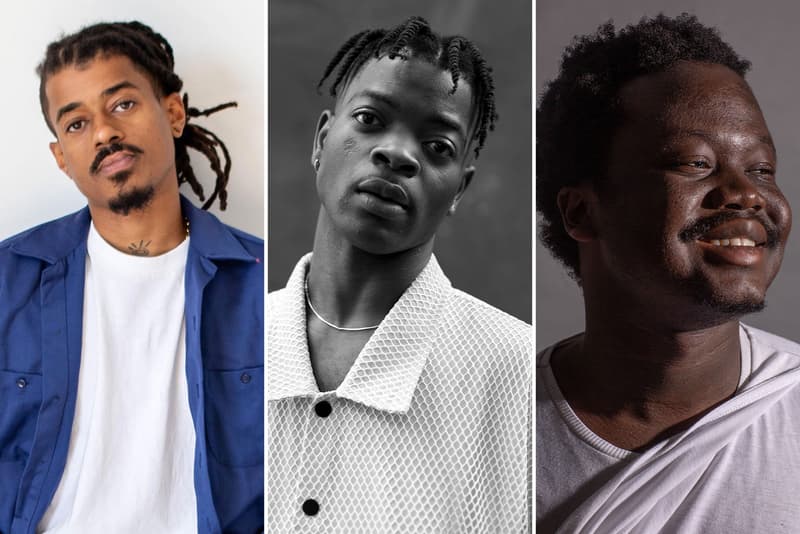
The fashion industry is facing a reckoning. Since the rise of the Black Lives Matter movement and protests against racial injustices spread all over the world, companies are being forced to confront their racist behaviors. The public has criticized some brands for releasing statements supporting the fight against racism while failing to address a lack of diversity among their own employees.
One of the biggest concerns facing the industry at this moment is the lack of Black designers in fashion. Still, there aren’t enough designers of color at top positions at major fashion houses. During New York and European fashion weeks, Black designers who show their collections are outnumbered by their white counterparts. Publications also don’t give enough focus on Black talent, which Vogue’s editor-in-chief Anna Wintour admitted to in a memo about the “hurtful and intolerant” culture at the iconic fashion magazine. These examples have shed light on the challenges young Black creatives are facing just to get their work seen and voices heard.
HYPEBEAST spoke to a few young designers of color to get an understanding of the difficulties they face and the challenges they look to overcome as they navigate their own future in fashion. We talked with 22-year-old recent Parsons graduate Jacques Agbobly, 22-year-old Head of State designer Taofeek Abijako and 34-year-old Darryl Brown of his eponymous label and Midwest Kids. The three shared their insight on their personal experiences and what they expect the industry to do to break down systemic barriers and foster diversity.
What’s your general view of racism in the fashion industry today?
Jacques Agbobly: I just graduated from college and I’m trying to get my foot in the industry. I’m also dealing with the effects of racism I faced in academia. I admire the people who come forward and speak out against all the racism they’ve faced. These are things we’ve known existed in the industry for a really long time and a lot of companies are also realizing their own complacency when it comes to racism. Acknowledgement is great. That’s the first step, but there’s still a long way to go to fully dismantle the system of oppression that’s been set in place for many generations.
Taofeek Abijako: Fashion is one of the industries that unfortunately uplifts all the things racism stands for. Aside from just the differences in skin color, we also think about systemic issues such as elitism and classism which are all the negative cousins of racism that are in fashion. It’s an industry centered around disclusion of people who either can’t afford something or people who are from a marginalized space. Fashion itself relies heavily on an oppressive system and unfortunately, that’s the long history of fashion especially in America. In Nigeria, where I can speak of, my understanding of fashion there is more about the celebration of craft and centered around cultural expression. There’s no class system or hierarchy for fashion. In America, there’s this centralized power. There’s this idea that you don’t belong to this table so you can’t partake in what they do.
Darryl Brown: I am a Black man, so it’s not just fashion, it’s just a way of life. As far as fashion, the way I see it, we are only allowed access to a certain degree. There aren’t any of us in real power or real positions. Some of the things we do have or the opportunities we are given, there was no choice. It’s like, “What else are you going to do?” It’s very much like you get put in your place.
There aren’t enough Black designers in fashion. Why do you think that is?
Agbobly: One of the key contributors to this would be the education system. Fashion design schools are extremely expensive making it impossible for a lot of Black folks to attend. There also needs to be more Black fashion in our education system. Black designers have always existed but we often are copied or taken from by other people in the industry without proper credit. It’s also a lot harder for us to establish our footing in this industry and we need access to a lot of things such as funding and mentorship.
Abijako: That’s more in regards to access, equity and lack of resources available to Black designers. The fact that there aren’t enough Black designers, it’s not surprising. Across the whole industry, the playing field isn’t equal. Black designers have to work 10 times harder than their white counterparts. It’s a reflection of where society stands in regards to equality and fashion is another industry that unfortunately still has a lot of work to do in regards to providing an equal level playing field for marginalized people.
Brown: It’s really about people of power, from editors, to stylists, to factories and resources. A lot of people see the face but they don’t realize there’s a whole domino effect in terms of power, from funding, to loans, to running houses and doing production. We’re just x’d out when it comes to those things. We’re kind of only allowed to do one thing, like when LeBron was told to “just shut up and dribble.” So for us it’s like, “just shut up and make clothes.” We’ll let you in but only this far. There’s a lot of obstacles.
“We’re kind of only allowed to do one thing, like when LeBron was told to ‘just shut up and dribble.’ So for us it’s like, ‘just shut up and make clothes.’”
Can you recall instances of racism you experienced in the industry?
Agbobly: I’m a Black person from a low income family. I was working three jobs just to be able to afford materials and rent. Fashion internships often don’t pay. I experienced racism in that space. Not only was I the only Black person at the office, I was also getting exploited and overworked. When I would come early I would be told I couldn’t work until my supervisor got there. Other interns of different complexions were allowed to work and exit the space freely while I was being policed. I worked so hard and not only was I not paid, I wasn’t even invited to the show.
Abijako: Before I even walk into any space, I’m already looked at as another Black kid who can’t be trusted, who they can’t have as a client. Even publications will view my work Underground Spiritual and say it’s “not street enough” or “we don’t know what this means.” Even right down to casting directors who say, “you need to mix it up a bit” because from the beginning of the brand I’ve used only Black models. It’s all microaggressions I face on a daily basis but it all translates to how rotten and corrupt the system is in general.
What are your thoughts on companies making public statements about fixing their own issues?
Agbobly: When I hear all those things, I’m taking them with a grain of salt. My belief is we need to completely dismantle these institutions in order to properly participate in the liberation of Black folks in fashion. However, I don’t think that will happen overnight while these companies are making statements and doing all they’re doing to “fix the issues within their walls.” There needs to be a recognition that this is just the first step.
Abijako: I’m someone who’s way more focused on action over statement. This is not something that started due to the killing of George Floyd. It’s not a new conversation and a lot of these brands have to run messages through PR. It doesn’t seem genuine to me because if you’re really about tackling systemic issues, it’s not just something you wake up to and start the conversation. It’s something you have to dedicate yourself to from the get-go. It’s not like a one time thing where you make a donation and go back to a regularly scheduled program. So all of those brands putting out statements, I don’t applaud or pat them on the back.
Brown: I would like to believe them but again, it’s actions speak louder than words. Since they’ve said these things, now they really have to show us. Some of them are jumping on the PR train. It feels like a PR marketing ploy. Right now it just feels like it’s trendy for a company to go in unison with everyone. At first no one was saying anything. This is not something new. It’s something that’s been going on forever but we’ll see. I would like to see some changes for sure.
“It’s not like a one time thing where you make a donation and go back to a regularly scheduled program.”
What are some changes you’d like to see? How can they be implemented?
Agbobly: I see a lot of these places taking actionable steps but a lot of them are not mentioning funding or money. I come from a background where I don’t have access to money but I’ve always learned to make something out of nothing. That principle in itself is so draining. I want to be able to get proper funding to purchase proper equipment or pay the right people properly. It all goes back to not exploiting people. An example I see is Fashion East — a non-profit organization based in London. They nurture emerging young designers through the difficult early stages of their career and they give them funding.
Abijako: With fashion’s deep roots in elitism, we have to recenter the meaning of what fashion is in America. There also needs to be a decentralization of power. When the direction of power is linear and points directly to the top, it affects people at the bottom who’ve been marginalized for so long. We don’t need a council, board or organization made up of five to 10 people. It might become this joining the cool kids club situation and it’s not needed. Once that type of culture is set up, it reflects the same hierarchy we have in politics which we criticize everyday.
Brown: The first thing is to get Black people in some of these rooms and powers of positions, from executives to every line and command. When you see companies release products that are offensive, the reason that happens is because the majority of them, they don’t have African Americans or people of color to tell them that’s not right. So that’s the first thing, put some of us on that side and things can start to get better.
What are some actionable things young people can do now to help the fashion industry be more diverse and inclusive?
Agbobly: Whenever something happens and we (young people) have access to technology, we’re literally able to start a revolution from our homes. Now we recognize the power that we have. It makes me so happy to see my friends on social media posting people’s Venmo accounts if someone needs funding. People are posting things to donate too, people are sharing petitions and things like that. Those are actionable things you can do from home.
Abijako: They should listen and support by reaching out to local grassroots organizations. My friend started this organization Project Try. It’s centered around building up the local economy of marginalized communities.This is an example of young people taking action. What young people can do is also champion narratives like that. Champion our grassroots organizers and continue to support it because this is part of the non-traditional ecosystem we’re trying to create.
Brown: Best thing right now is to lead by example and share. Share information and share resources. Sometimes people are so worried about being exclusive, they hold everything for themselves. If we share information we can realize there’s enough success for us all. I’ve talked to other brands who are in the same light as me, and we share information and share our resources and I pay that forward to my peers.
These interviews have been edited for clarity and length.























